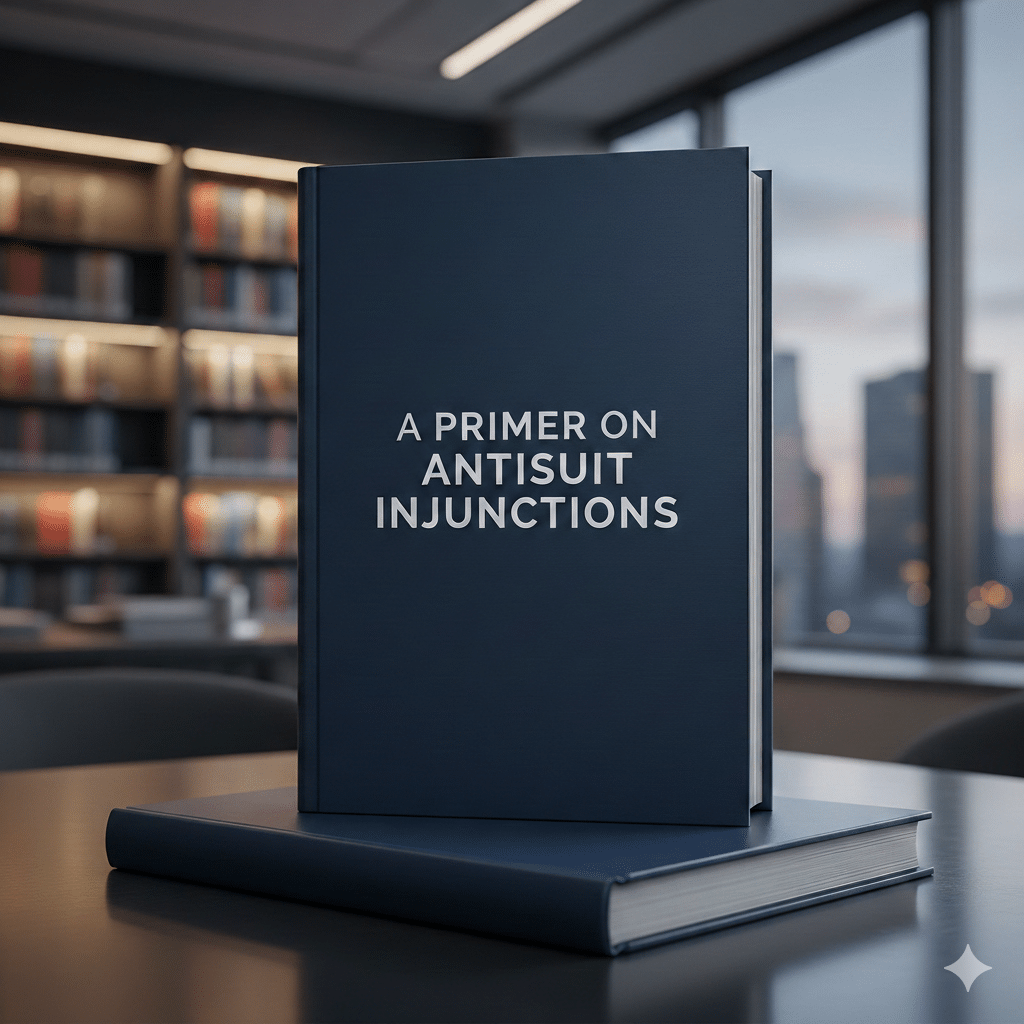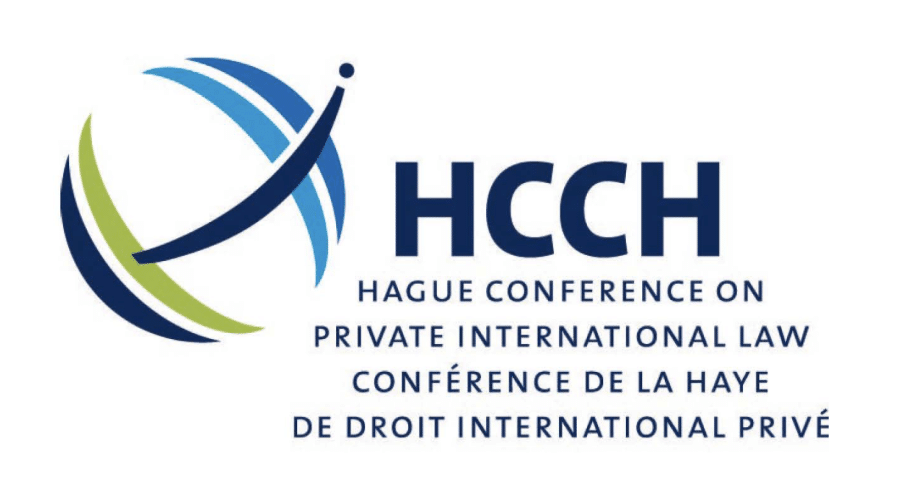A proceeding is parallel if it involves similar parties and similar issues. The U.S. Supreme Court has not yet addressed how federal courts should assess parallel proceedings in foreign courts (sometimes referred to as lis alibi pendens). The default approach has been to allow both cases to proceed until a judgment has been rendered in one case that may be given preclusive effect in the other. Most federal courts treat this question as one of abstention, though occasionally courts address it through forum non conveniens.
Alternatively, a U.S. court may issue an antisuit injunction ordering the parties to discontinue the suit in the other jurisdiction. There is a split among the circuits on the standard for issuing antisuit injunctions, with some courts adopting a conservative approach of granting such an injunction only if the foreign proceeding threatens the jurisdiction of the U.S. court or an important U.S. public policy and other courts adopting a liberal approach of granting such an injunction if the foreign proceeding is duplicative and vexatious.
A Primer on Transnational Parallel Proceedings
It is not uncommon for parties involved in cross-border disputes to file competing or overlapping lawsuits in different forums. When should a U.S. court stay its hand in favor of a lawsuit filed in another country? Conversely, when should a U.S. court take proactive measures to defend its jurisdiction from interference by proceedings in a…
Continue ReadingA Primer on Antisuit Injunctions
The antisuit injunction, which blocks a party from initiating or pursuing litigation in a foreign court, is a powerful tool in the judicial arsenal. Courts issue these injunctions, under appropriate circumstances, to prevent the development of parallel proceedings. They can also be used to prevent a party from taking action in a foreign forum intended…
Continue ReadingConsultation on the Hague Conference Project on Parallel Proceedings and Related Actions
International lawyers and their associations have the opportunity to contribute to work at the Hague Conference on Private International Law designed to address problems that arise when the same or similar case has been filed in courts in multiple states. The Hague Conference has developed a Consultation Paper and a dedicated webpage providing information about…
Continue ReadingCivil Contempt Orders Against Non-Parties in Parallel Proceedings
Among the challenges U.S. courts face in managing parallel litigation is enforcing any anti-suit injunctions they might order. In this regard, one of the most important enforcement tools they have at their disposal is the power to impose contempt sanctions in response to violations of their orders. The authority of a court to hold the…
Continue ReadingSDNY Grants Anti-Suit Injunction Against TV Azteca
For the past several years, parallel litigation has been ongoing in Mexico and the United States between the Mexican media conglomerate TV Azteca, S.A.B. de C.V. and The Bank of New York Mellon (BNY), the Indenture Trustee for a series of TV Azteca’s unsecured notes. Two weeks ago, Judge Paul G. Gardephe (SDNY) granted BNY’s…
Continue ReadingRestatement (Fourth) of Foreign Relations Law § 425 (antisuit injunctions)
Report of the Working Group on Jurisdiction on Matters Related to Jurisdiction in Transnational Civil or Commercial Litigation, Including Rules for Concurrent Proceedings (Hague)
Quaak v. Klynveld Peat Marwick Goerdeler, 361 F.3d 11 (1st Cir. 2004) (antisuit injunctions)
Paul Herrup and Ronald A. Brand, A Hague Parallel Proceedings Convention: Architecture and Features, Chicago Journal of International Law Online (forthcoming 2022) (Pitt)
Paul Herrup and Ronald A. Brand, A Hague Convention on Parallel Proceedings, 63
Harvard International Law Journal Online 1 (2022) (HJIL)
Maggie Gardner, Deferring to Foreign Courts, 169 U. Pa. L. Rev. 2291 (2021) (SSRN)
I. Strong, Anti-Suit Injunctions in Judicial and Arbitral Procedures in the United States, 66 Am. J. Comp. L. 153 (2018) (Missouri)
Campbell McLachlan, Lis Pendens in International Litigation (2009)
Jansen Calamita, Rethinking Comity: Towards a Coherent Treatment of International Parallel Proceedings, 27 U. Pa. J. Int’tl L. 601 (2006) (Penn)
Stephen B. Burbank, Jurisdictional Equilibration, the Proposed Hague Convention and Progress in National Law, 49 Am. J. Comp. L. 203 (2001)
George A. Bermann, The Use of Anti-Suit Injunctions in International Litigation, 28 Colum. J. Transnat’l L. 589 (1990) (Columbia)


